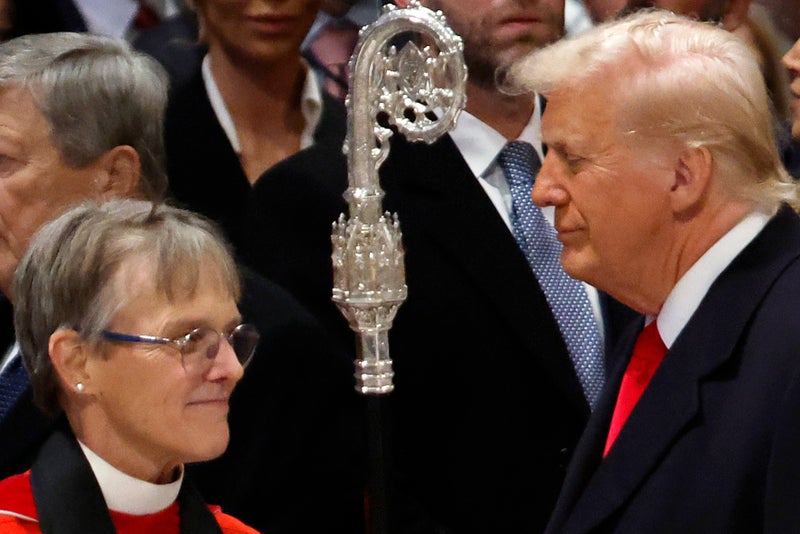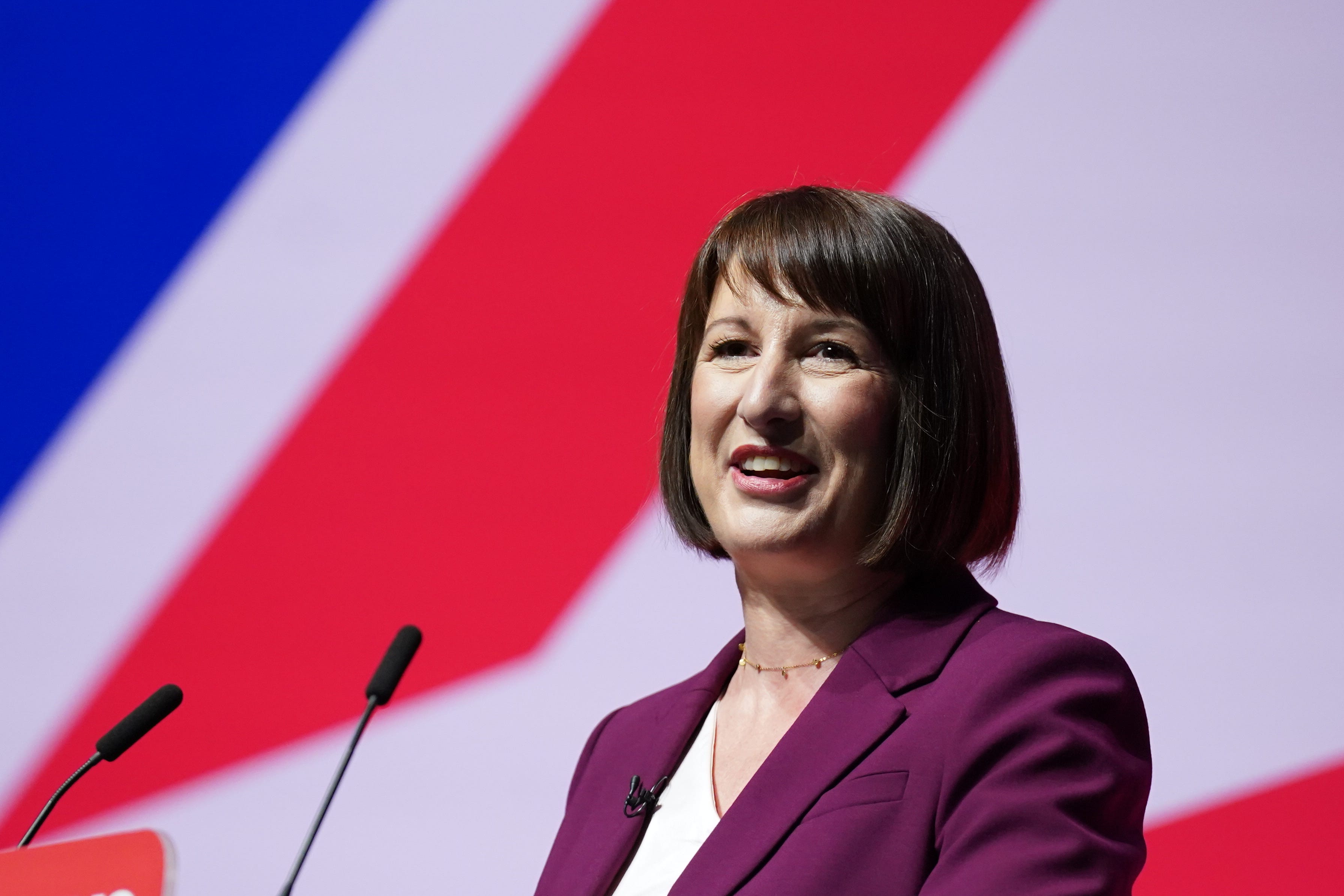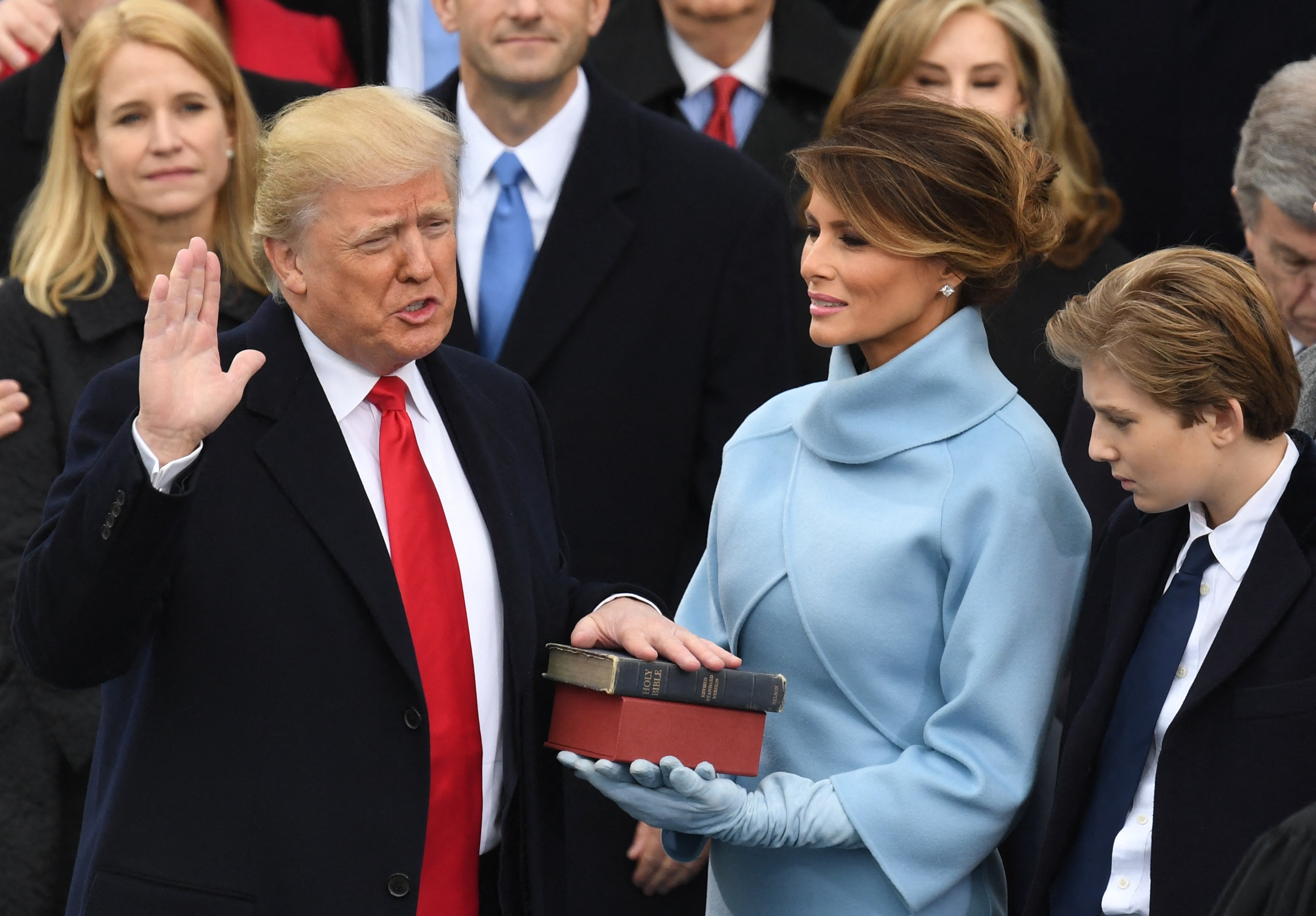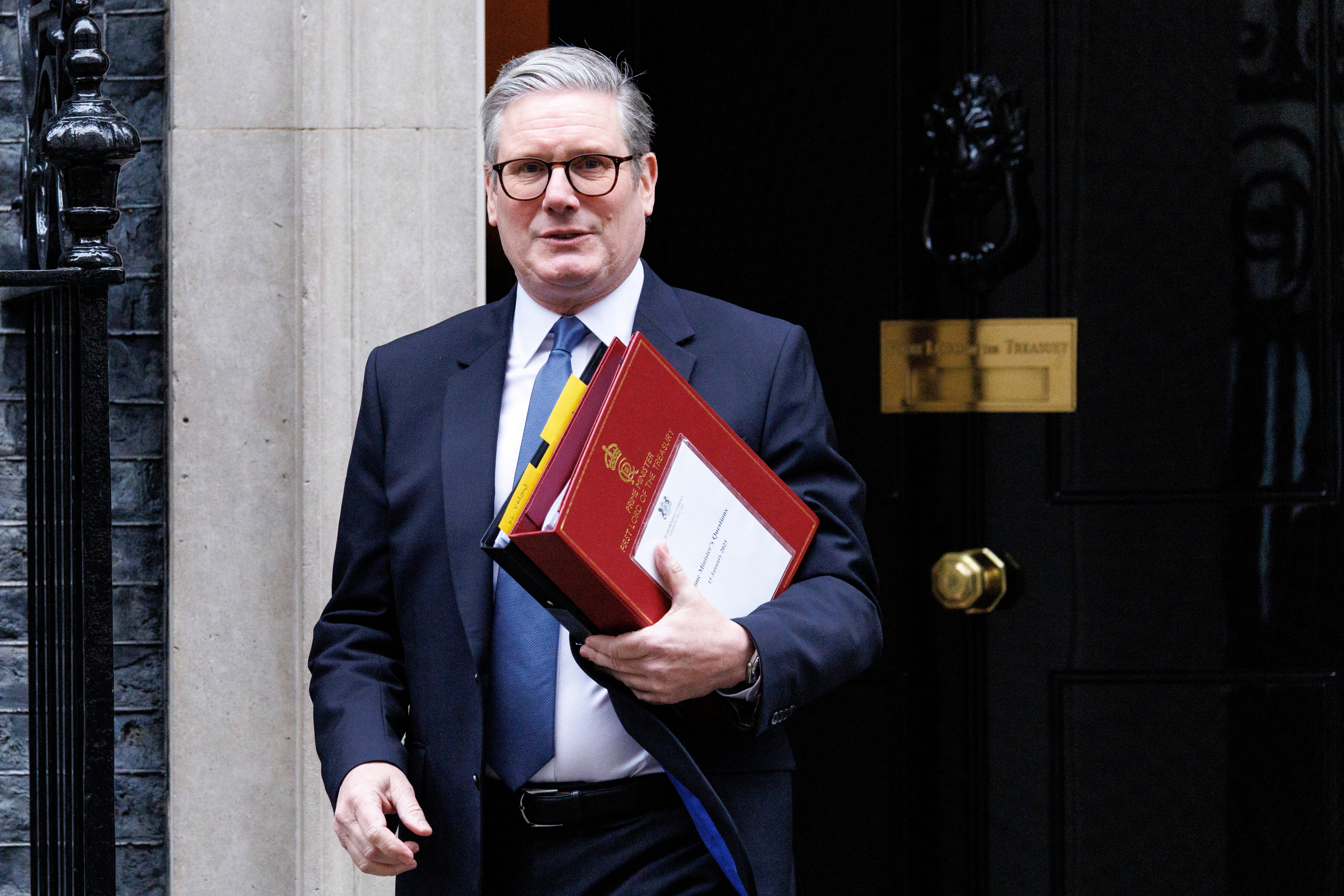The chancellor must ignore the blips and get on with long-term growth
Share:
Editorial: Much like the UK economy itself, the embattled chancellor ends the week in a much stronger position than when it started. Mini meltdowns in the markets are no way to assess her performance in the post – but she can no longer afford to be so distracted from her most urgent mission.
There are dangers in calling for the resignation of a chancellor of the Exchequer because of one week’s bad numbers. Mel Stride, the shadow chancellor, made something of a fool of himself on Tuesday, suggesting that the question for Rachel Reeves was “to go, or not to go”, because the pound was down and the interest rate on 30-year government debt had gone up.
The next day, the new figure for inflation was lower than expected. Now, the International Monetary Fund has raised its forecast for UK growth this year. Oh, and the 30-year interest rate has gone back down to where it was before the entire social media-verse became experts on the gilts market last week.
The brief hue and cry about long-term interest rates provided a case study in motivated reasoning, with Liz Truss, the least successful prime minister ever, leading the way in misunderstanding the blip. She seemed to think that because long-term rates were as high as they had been after her mini-Budget in 2022, Sir Keir Starmer and Ms Reeves must have failed as badly as she and Kwasi Kwarteng had done.
In reality, there is no comparison. World interest rates are rising gradually: what was different about her unfunded tax cuts was that the markets lost confidence, with immediate and catastrophic results, and there was no end to the meltdown in sight until policy was abruptly reversed.






















